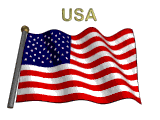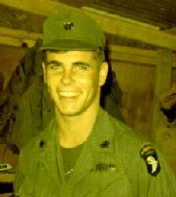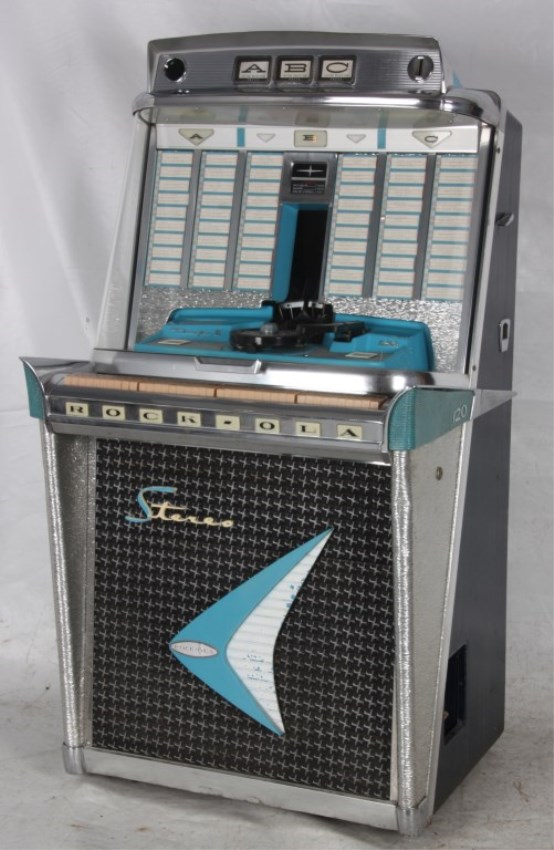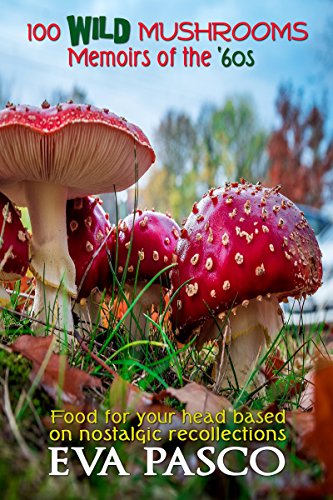A Kumbaya Tent Revival
by Eva Pasco
Happy motoring along the highways and byways of the Sixties as we
embark on an imaginary, nostalgic camping trip to New Hampshire’s White Mountain National Forest campground--
Dolly Copp, the way it was—before the existence of wet wipes, sealable plastic sandwich bags, protein bars and
shakes, bottled water, and the sophisticated pastime of RV-ing with 50-amp hookups and floor heat.
Gather ye round the campfire to keep the raccoons at bay with a round or two of
Kumbaya, an African-American spiritual which gained popularity during the folk revival of the 1960s due to Joan
Baez’s 1962 recording. Associated with the Civil Rights movement, the song also became a campfire standard that
snapped, crackled, and popped while marshmallows toasted. Someone`s singing, Lord, Kumbaya…A kumbaya tent revival
pitched its peak during the Sixties when trailer travel was tire tread hot.
Post World War II prosperity enabled millions of Americans to buy cars and head for
them thar hills towing a trailer behind them. Pandering to this newfangled acquisition of hitch-alongs, alluring
black-and-white ads appeared in magazines such as Field & Stream and National Geographic. Almighty aluminum
trailer shapes ranged from the classic canned ham to lumpy lampoons like the Serro Hi-Lander. Hi-Lo and Rolie
offered crank-ups. Airstream went ballistic with Avion, Streamline, and Silver Streak. Their Bambi is still “a
little honey of a trailer ready to go at a moment’s notice whenever you feel the urge.” Another vintage trailer,
the E-Z Kamper T-Bird with its red and white striped awning, is still “holding up” today as it did in its Sixties
heyday. Let’s not forget the VW camper, the vehicle of choice for nomadic Hippies who perfected living off the land
in peace and harmony.
We’re ready to pitch our tent at Dolly Copp—nothing fancy, mind you. Those old
fashioned green or brown square-ish tents made out of cotton canvas material without a waterproof tent floor could
breathe naturally. There was enough space between the cloth threads to allow moisture in the air to escape outside.
None of this modern nylon and other synthetic stuff which is too watertight for water vapor to escape,
necessitating built-in ventilation. The ground will suffice for our mattress as sleeping bags had no pads to
cushion our sacroiliac. For goodness sake, this isn’t the Waldorf. We’re here to enjoy the rugged outdoors and work
up an appetite for freshly caught trout sizzling in a cast iron skillet warmed by a fire. Kumbaya!
Even Dolly Copp couldn’t escape a citifying and sissifying makeover. In 1963 the
installation of flush toilets in twelve modern lavatory buildings obliterated roughing-it in the woods. Eventually
the Big Meadow section was expanded to make more spaces with easy access for trailers. Then, we could put away our
flashlights when electric service came to Dolly Copp via underground power lines.
So our newfangled tents now have insect netting on the
doors. We can make adjustments to allow warm air to escape in hot weather, and restrict air flow when it’s cold. It
doesn’t mean we have to embrace high tech camping stoves or arrive at our campground destination in an RV. We can
still have a kumbaya tent revival by rallying round the campfire to roast weenies and toast marshmallows by
the light of the silvery moon.
| 




